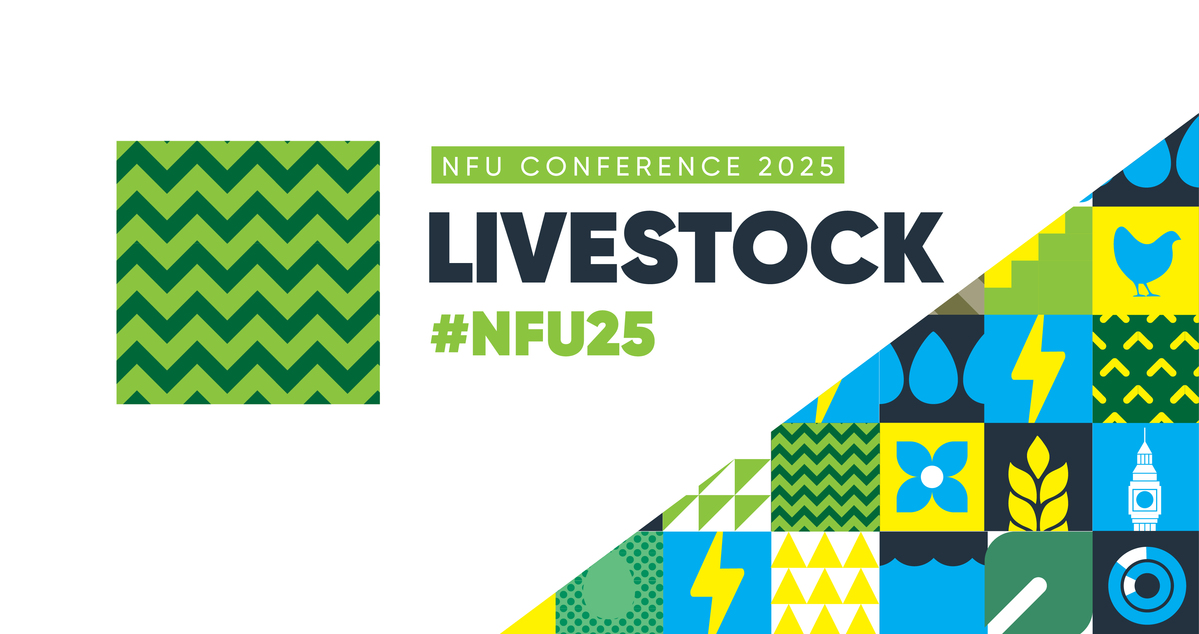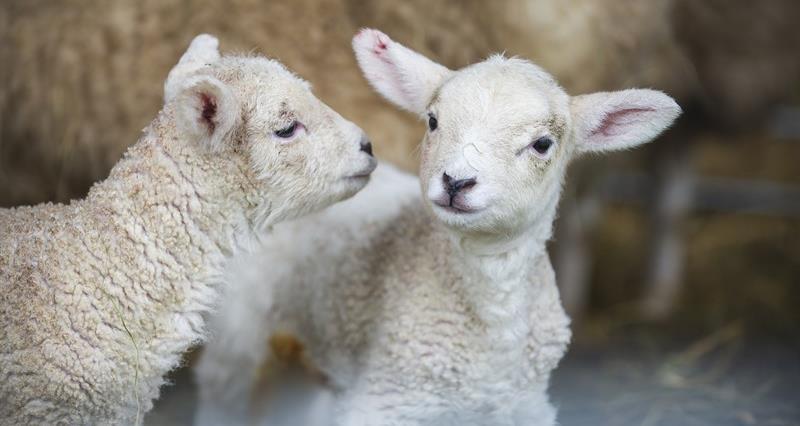The FSA (Food Standards Agency) recently announced an uplift in official meat charges for meat premises for the 2025/26 financial year, placing further pressure upon small and medium-sized abattoirs struggling with rising costs and regulatory burdens.
The hourly rate for OVs (official veterinarians) is set to rise by 17.7% from ÂŁ56.00 per hour to ÂŁ65.90.
The hourly rate for MHIs (meat hygiene inspectors) will increase by 11.3% from ÂŁ38.80 to ÂŁ43.20.
These costs are charged to approved meat premises slaughterhouses, cutting plants, game handling establishments, on-farm slaughtering facilities, and cutting premises.
Discounts on official control costs
The FSA charges by the hour for their staff resources, with some variances for those businesses which use shift working patterns.The FSA provides discounts on these official control costs.
This is on a sliding scale which aligns with the number of chargeable hours needed by each business. Smaller meat businesses will need the lowest number of hours, so have more support with the costs.
For 2025/26, this is a 90% discount. The largest businesses receive a lower level of discount at 2%.
The discount rates for processors who require the lowest and highest number of FSA hours remain the same as in 2024/25, however there will be a significant decrease in the discount rate for those in the middle bands (band 3 and 4) from 26% to 17% and 14% to 6% respectively.
The law and HM Treasury guidance requires the FSA to charge the appropriate customer for the functions provided.
The FSA cite direct staff costs as the main reason for the inflation – specifically, the increase in minimum salary requirements for skilled worker visas and the retendering of the FSA-delivered official controls contracts.
Rising costs have been mitigated marginally by a reduction in contractor hours.
With a 20% decrease in approved sheep and beef abattoirs in England and Wales in the five years leading to 2023, the trend of consolidation in the processing sector demonstrates the significant pressures already being seen in the abattoir sector.
Alongside official control costs, difficulties in securing investment, access to skilled labour, the falling value of fifth quarter and animal by-products, and ongoing challenges associated with regulatory burdens are just some of the factors resulting in low margins and difficult relationships with officials that have forced many small and medium-sized abattoirs to close.
Consolidation in the processing sector has significant implications for producers where these businesses provide crucial services for thousands of farmers.
Capacity issues are particularly acute in the south east of England, which recently saw the closure of Newman’s Abattoir in Hampshire in January.
Small and medium enterprises provide essential market competition, offering a wider range of marketing opportunities for producers, including additional services such as private kills that support independent farm shops, retailers and hospitality.
The loss of local abattoirs also increases journey times, which adds cost and risks exacerbating animal travel time.
»ĘĽŇ»ŞČËis in conversation with the FSA, and supportive of the AIMS (Association of Independent Meat Suppliers) and the BMPA (British Meat Processors Association) in calling for structural reform within the FSA before any increases in charges are considered.
Otherwise we could see many more small and medium-sized abattoirs close if the discount scheme is removed and official costs increase.
More from »ĘĽŇ»ŞČË:




